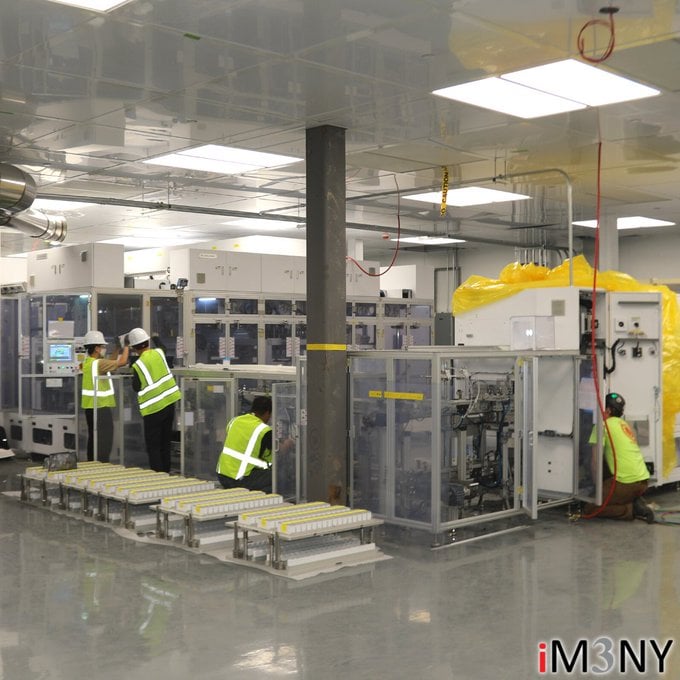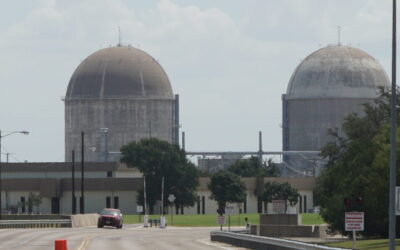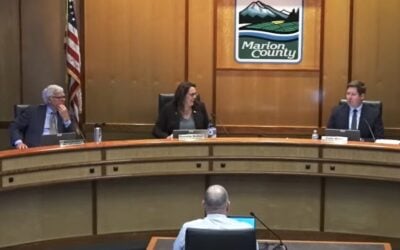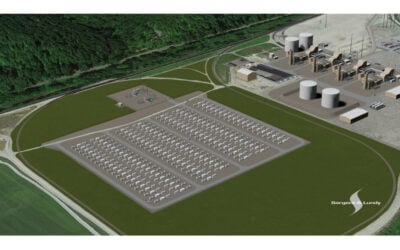
New Energy New York, a consortium working to accelerate battery tech and manufacturing, has been awarded US$63.7 million through the US Department of Commerce.
US President Joe Biden last week announced the 21 winners of US$1 billion total funding through the Build Back Better Regional Challenge. Funding of between US$25 million to US$65 million is being disbursed to each project, with local governments also contributing significant funding.
Enjoy 12 months of exclusive analysis
- Regular insight and analysis of the industry’s biggest developments
- In-depth interviews with the industry’s leading figures
- Annual digital subscription to the PV Tech Power journal
- Discounts on Solar Media’s portfolio of events, in-person and virtual
Projects are spread across the country and cover areas including biotechnology, agricultural, manufacturing, clean energy technologies and more.
Winners were selected from a list of 60 finalists chosen from 529 applicants, in a programme funded by Biden’s American Rescue Plan. Its five overarching aims are to restore US competitiveness, empower local leadership, support underserved communities, invest in workers as well as in technologies and accelerate economic transformation in the country.
New Energy New York’s work to advance development of lithium-ion batteries was highlighted by Department of Commerce as falling under that first theme, by helping to create a domestic supply chain for advanced energy storage, supporting the national energy transition away from fossil fuels.
The consortium is doing this under the leadership of experts at State University of New York (SUNY) Binghampton and with participation from three other academic institutions, non-profit technology and clean energy groups including New York Battery and Energy Storage Technology Consortium (NY-BEST) and four government organisations including New York State Energy Research and Development Agency (NYSERDA).
It wants to establish a national hub for battery innovation, manufacturing and workforce development in Upstate New York. The coalition has engaged more than 50 companies so far, works with local authorities in eight counties in the region and projects that if successful it will create positive economic impact worth more than US$2 billion.
The Southern Tier region of Upstate New York was once a thriving industrial hub but has become deindustrialised in recent decades. It is hoped that the opening of a lithium-ion battery factory serving both electric vehicle (EV) and energy storage system (ESS) markets is a signal that things are changing back in the region’s favour.
That factory, in the village of Endicott, was officially announced as open last month. While it is currently at the quality assurance stage of production, iM3NY, the company behind it, hopes to be able to ramp it up to 1.8GWh annual production capacity in near future and to 38GWh annual production capacity by 2030.
The region also already has NY-BEST’s battery test and innovation centre, as well as the facilities of Li-Cycle, a lithium-ion battery recycling specialist.
New Energy New York plans to use some of the Department of Commerce Build Back Better Regional Challenge money to build the Battery-NY Center, which will provide testing, certification and scale-up capacity to new technologies and companies.
“We just made the largest ever federal investment in clean energy and batteries in the Inflation Reduction Act, electric vehicles are booming, and now Binghamton can seize this opportunity to grow the beating heart of this emerging battery industry right here in Upstate New York,” Senate Majority Leader Chuck Schumer, a New York Senator, said.
Other winners in related fields include the Western New York Advanced Manufacturing consortium which will receive US$25 million to invest in growing advanced manufacturing capabilities in the eastern side of Buffalo in Upstate New York, a distressed region.
In cleantech there is also H2theFuture, which is led by the Greater New Orleans Development Foundation, which aims to innovate in cost reduction for green hydrogen technologies and will receive US$50 million.
Finally the other clean energy winner is the Appalachian Climate Technology Coalition (ACT Now), which will get US$62.8 million to help revitalise communities in southern West Virginia’s historically coal-dependent regions, by creating a clean energy hub and jobs to go with it.






